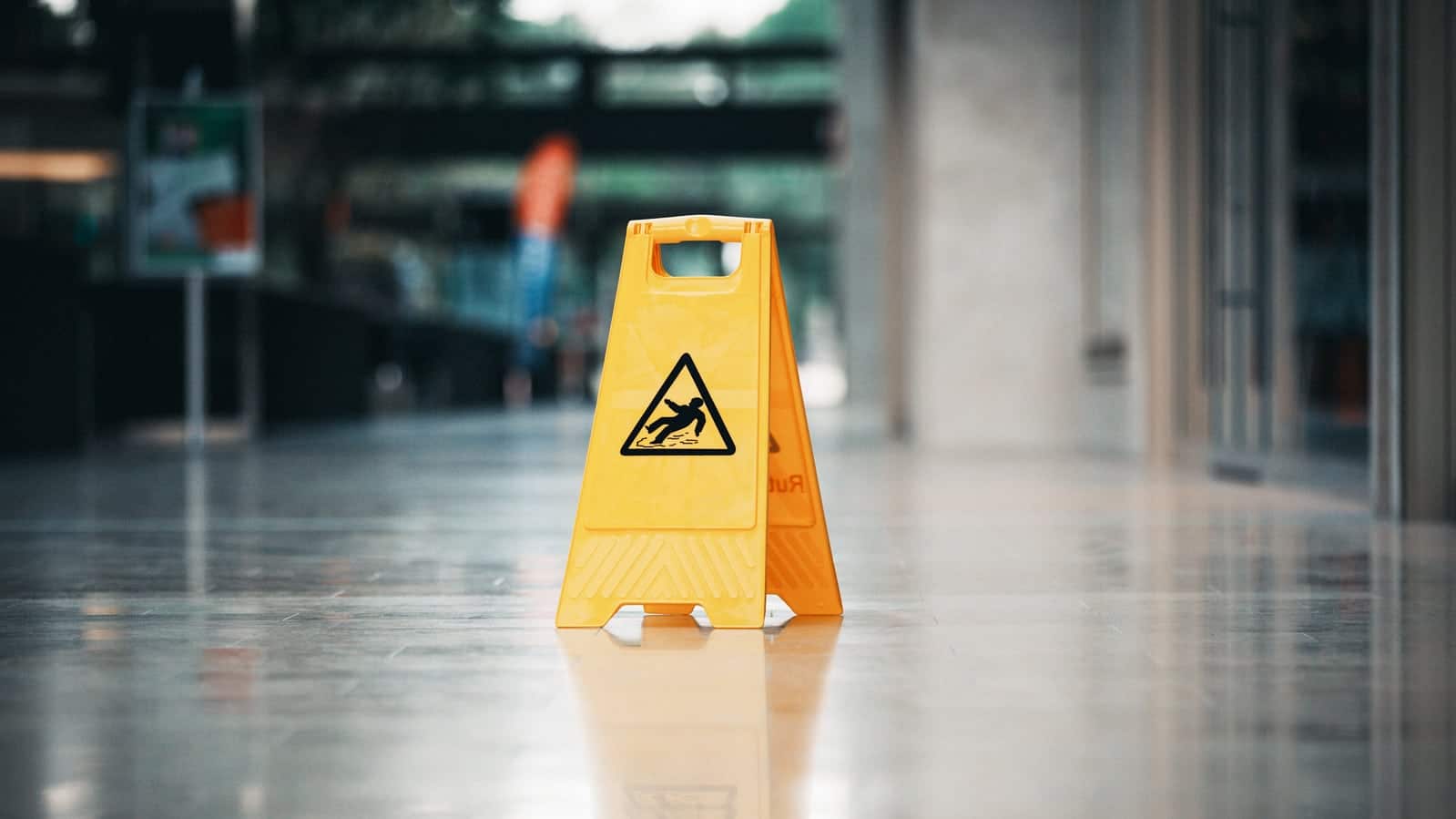If you are injured on someone else’s property, you may be able to bring a legal claim to compensate you for your injuries. This claim is commonly referred to as a premises liability claim.
Premises liability is based on the fact that a property owner has a duty to keep their property safe and correct any unsafe conditions that could harm someone else. A premises liability lawyer can help you in cases that may involve:
- Slip and fall accidents
- Swimming pool accidents
- Construction site injuries
- Damages related to fire
- Animal attacks
- Inadequate security
- Falling equipment
Proving Premises Liability
In a premises liability case, you have to show several facts to receive compensation. These may vary slightly depending on the type of case, but in most premises liability situations, each of these factors will apply.
- The person that caused the injury owned, leased, or otherwise occupied the property where the injury occurred.
- The defendant negligently used or kept the property.
- You were harmed.
- The defendant’s negligence ultimately caused the harm or was a substantial factor in the harm.
These four requirements apply no matter how you got on the defendant’s property. You do not have to be invited on a property in order to assert a premises liability claim.
However, how you came upon the land or property will affect what you will need to prove to show that the defendant was at fault. For example, if you are trespassing, the owner of the property has very little obligation to you. In fact, he or she will not be liable for your injury if you are trespassing, unless the property owner sets up some sort of trap or fails to warn about a significant danger, such as a large covered hole on the property.
If you have been invited or you are on the property as a customer, then you have much more protection based on premises liability law.
A property owner has a duty to maintain their property. If there is a danger that the property owner knew about, but failed to correct, then the owner may be liable for your injuries.
Types of Premises Liability Cases
Premises liability cases can arise in various contexts. Here are some common types:
- Slip and Fall Accidents: These occur when someone slips, trips, or falls due to a hazardous condition on the property, such as wet floors, uneven surfaces, or poorly lit areas.
- Swimming Pool Accidents: These involve injuries sustained in or around swimming pools due to inadequate safety measures, lack of supervision, or faulty pool equipment.
- Construction Site Injuries: Workers or visitors can get injured on construction sites due to unsafe conditions, lack of proper signage, or failure to follow safety protocols.
- Damages Related to Fire: These cases involve injuries caused by fire hazards, such as faulty wiring, lack of smoke detectors, or blocked fire exits.
- Animal Attacks: Property owners can be held liable if their pets or animals attack and injure someone on their property.
- Inadequate Security: Injuries resulting from criminal activities due to insufficient security measures, such as poor lighting, lack of security personnel, or faulty locks.
- Falling Equipment: These cases involve injuries caused by equipment or objects falling from shelves, ceilings, or other elevated areas due to improper storage or maintenance.
Common Personal Injuries on Private Property
Injuries resulting from accidents on private property can vary widely depending on the nature of the accident. Common injuries include:
- Broken bones and fractures
- Sprains and strains
- Head and brain injuries
- Burns and scalds
- Cuts and lacerations
- Spinal cord injuries
- Drowning or near-drowning incidents
The severity of these injuries can range from minor to life-threatening, and they often require extensive medical treatment and rehabilitation.
Defenses to Premises Liability Claims
The most common defense to a premises liability claim is that you are at least partially at fault for your injuries. The property owner may argue that you were not watching where you were going when you tripped or that they warned you about the wet floor with a nearby sign. This argument is often phrased as your inability to exercise care on someone else’s property. If a danger is “open and obvious,” there is an expectation that you will avoid it.
Other defenses might include:
- Assumption of Risk: The property owner may claim that you knew about the dangerous condition and voluntarily chose to encounter it.
- Comparative Negligence: The owner may argue that your own negligence contributed to your injuries, potentially reducing the compensation you can receive.
- Lack of Knowledge: The owner may assert that they were not aware of the hazardous condition and therefore could not have corrected it.
A premises liability lawyer will help you fight back against these and any other available defenses. If you were injured on someone else’s property, contact Jim Glaser Law today to request a free case evaluation.








